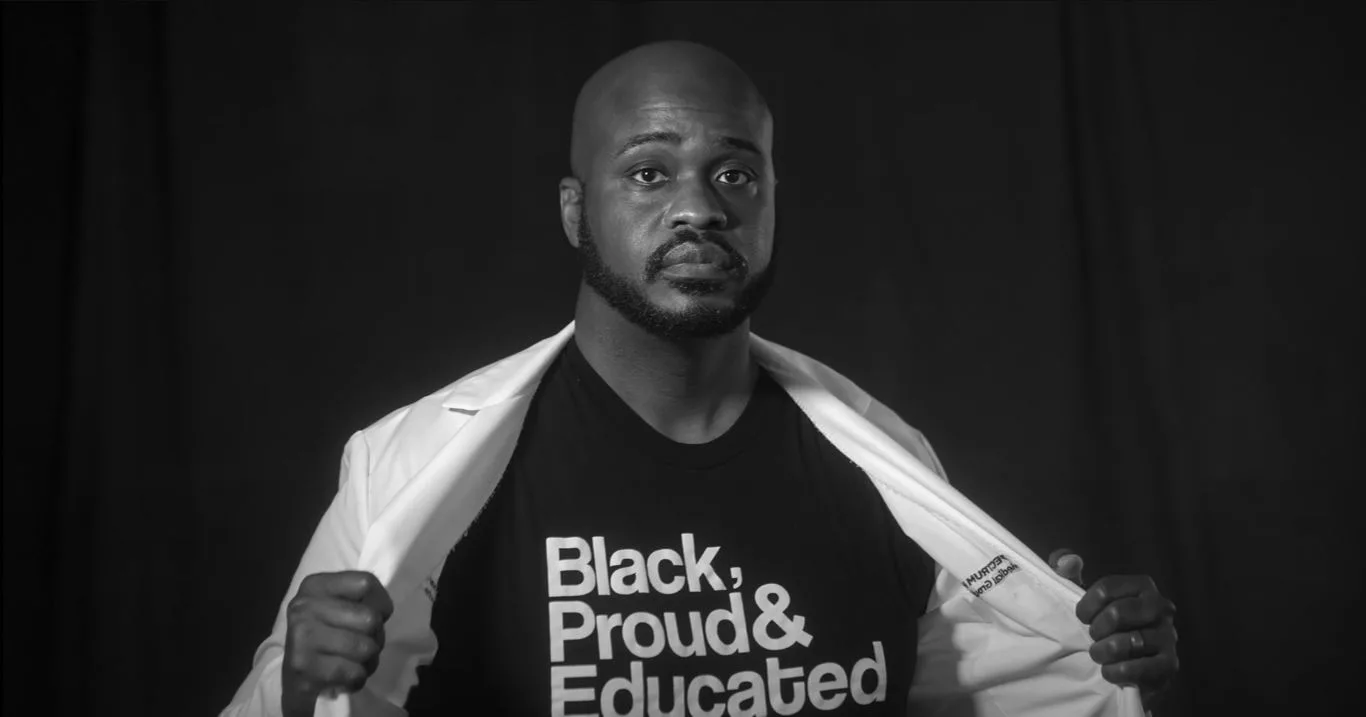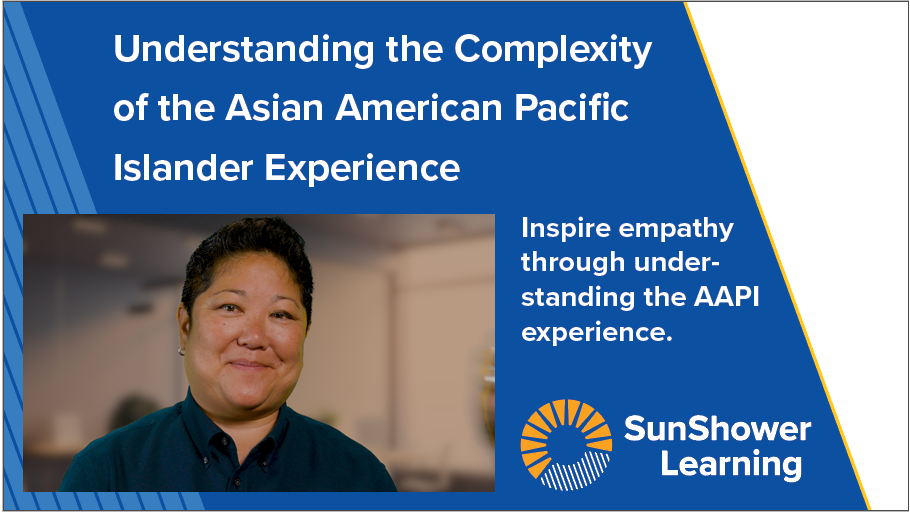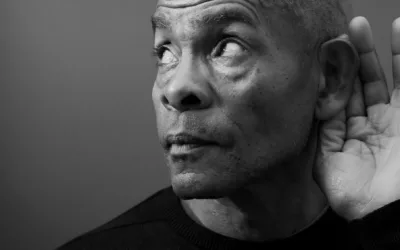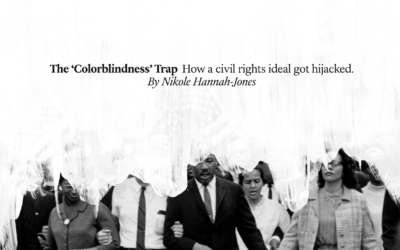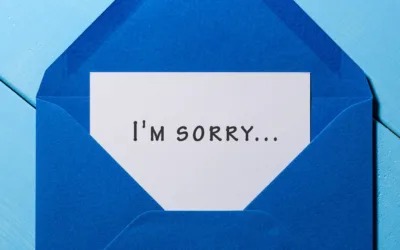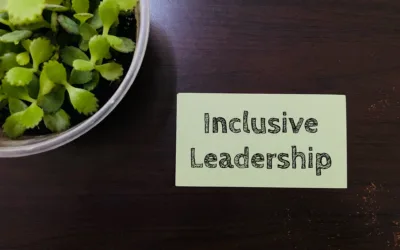In an era where diversity and inclusivity are championed, it is disheartening to acknowledge that racism continues to persist in many, if not most, industries, including healthcare. Black doctors and other healthcare providers, who dedicate their lives to providing compassionate care and expertise, often face the harsh sting of racial bias. An unfortunate reality is that some patients express preferences for healthcare providers based on race, including instances where patients have explicitly stated their reluctance to be treated by Black doctors, nurses and other caregivers. This has far-reaching consequences for providers, patients and the overall healthcare system. Spectrum Health took a close, personal look at this matter in their video entitled “Black health care professionals experience racism,” which generated many thoughts for us here at SunShower Learning.
Understanding patient preferences
It is crucial to recognize that patient preferences in healthcare are complex and influenced by various factors. Some patients may harbor deep-rooted prejudices, often unconsciously shaped by historical, social and media influences. The preference for a specific race of healthcare provider can stem from preconceived notions about competence, communication styles or personal comfort levels. Other patients may be influenced by personal experiences, cultural backgrounds, religion and societal biases. Nevertheless, racism against Black healthcare professionals undermines the principles of equity, compassion and quality care that the healthcare industry strives to uphold, and it must be addressed.
Key impacts of biased behavior and racism on healthcare providers
Biases against Black healthcare professionals can manifest as inaccurate conclusions about their competence, unfair evaluations, exclusion from important discussions or limited opportunities for professional growth. In the face of such circumstances, a provider’s confidence, professional credibility and overall job satisfaction often erode. In the long run, constant exposure to racism takes a significant toll on the mental and physical health of Black healthcare professionals. Experiencing microaggressions, discriminatory comments and systemic bias at work (on top of the racial trauma that Black people are faced with in their lives overall) leads to increased stress, burnout and decreased job satisfaction. This can negatively impact well-being and the ability to provide the best care for patients.
Consequences for patient care
Despite the racism to which they may be subjected, healthcare professionals must act in the best interest of their patients. Moreover, it is essential to respect patient autonomy and preferences to the extent possible. It’s a lot to contend with, and healthcare providers must navigate these situations delicately without compromising the quality of care. However, if patients resist or even refuse care from certain providers, then positive outcomes are certainly at risk. Patients are deprived of the opportunity to benefit from providers’ expertise and cultural awareness and understanding. As we saw in Spectrum’s video, some patients even consider refusing life-saving operations if the surgeon is Black. “Racial concordance,” as it’s called, is such an important factor for these patients that they will even put their own lives at risk to avoid being treated by someone who’s Black.
In the words of Lisette Martinez, Executive Vice President for Inclusion, Diversity & Community Engagement at Thomas Jefferson University & Jefferson Health: “All members of the clinical care team have the same skills. We do not tolerate discrimination against any of our Black clinicians. We communicate this to patients who request racial concordance or become pejorative to our staff in their language. Whether it is happening to us or our colleagues we must speak up and say ‘NO. Not here.’ Speaking up to protect ourselves and each other is where we can begin to eliminate the explicit discrimination that continues to show its face.”
Dismantling racism in healthcare
Racism against Black healthcare providers is a deeply rooted problem that demands urgent attention and collective action. It is our responsibility as a society to dismantle systemic barriers, challenge biases and support Black healthcare providers. Only then can we foster a more equitable and inclusive healthcare system for the betterment of both healthcare professionals and the patients they serve.
Learn more with DEI LEAP, a new course from SunShower Learning
Learn more about healthcare diversity, equity and inclusion by taking SunShower Learning’s new course: DEI Leap. It was developed in partnership with Lisette Martinez, and it will launch in September of 2023.
More From Our Blog…
Understanding Employee Responses to DEI Initiatives: Insights and Strategies
A recent study sheds light on a previously underexplored aspect of DEI training. While much focus has been placed on the facilitators, trainers and the content of DEI programs, this study examines how employees actually respond to the training. Published in Harvard...
SHRM’s Removal of “Equity” From DEI Framework: A Step Backwards Amid Growing Backlash
In a stunning step in the wrong direction, the Society for Human Resources Management (SHRM), the world’s largest HR association, has removed “Equity” from its “IE&D” framework. What message does this send, especially amid strong pushback against Diversity, Equity...
Navigating the Shifting Landscape of Diversity, Equity and Inclusion Programs
In the midst of the evolving landscape of corporate diversity initiatives, there's a seismic shift underway. The once-prominent acronym "DEI" - representing diversity, equity and inclusion - is notably absent from many company discussions. As explained in the article...
A Groundbreaking New Course: Understanding the Complexity of the Asian American Pacific Islander Experience
With over two decades of experience in the educational sector, Hideko Akashi, founder and lead consultant at Liberation Consulting, has been a steadfast advocate for diversity, privilege, social justice, inclusion and equity. Now, she's opening a new chapter with the...
The Deafening Silence of DEI Allies: A Call to Action in Troubled Times
As we commemorate the legacy of Rev. Dr. Martin Luther King Jr., his poignant words echo through the corridors of history, reminding us of the profound impact of silence in the face of injustice.” In the end, we will remember not the words of our enemies, but the...
DEI LEAP: Empowering Leaders Through Turbulent Times
DEI LEAP: Empowering Leaders Through Turbulent Times As we all know, 2024 has brought a wave of attacks against DEI. A handful of outspoken critics, such as Elon Musk, are misrepresenting DEI and attacking the strategies and practices that are creating more equitable...
The Colorblindness Trap
Read. This. Article. It's important. The Color Blindness Trap: How a civil rights ideal got hijacked Nikole Hannah-Jones is a domestic correspondent for The New York Times Magazine focusing on racial injustice. Her extensive reporting in both print and radio has...
The Unbearable Lightness of the “I’m Sorry if You Were Offended” Apology
Have you ever come across that non-apology apology? You know, the one that goes, "I’m sorry if you were offended," or its close cousin, "I’m sorry that you…" These non-apologies aren't just weak; they can actually inflict more harm and exacerbate hurt feelings. They...
The Power of Diversity: McKinsey’s Latest Report Reinforces the Business Case for Inclusive Leadership
In an era where corporate social responsibility is no longer just a buzzword but a fundamental aspect of successful business strategies, McKinsey's latest report, "Diversity Matters Even More: The Case for Holistic Impact," underscores the undeniable link...
“Laying Low” Is the Wrong DEI Strategy
“The ultimate measure of a man is not where he stands in moments of comfort and convenience, but where he stands at times of challenge and controversy.”- Martin Luther King, Jr. In an era marred by politicized attacks on diversity, equity and inclusion (DEI), Shaun...

